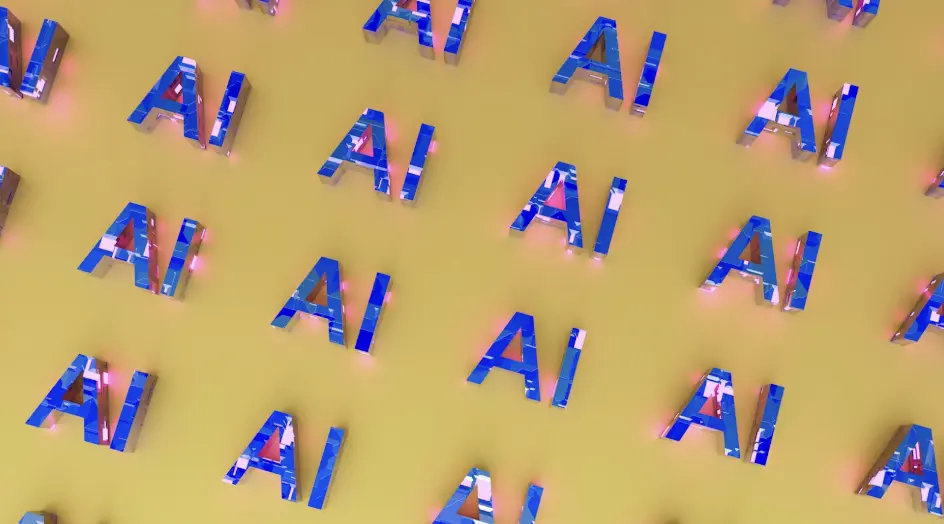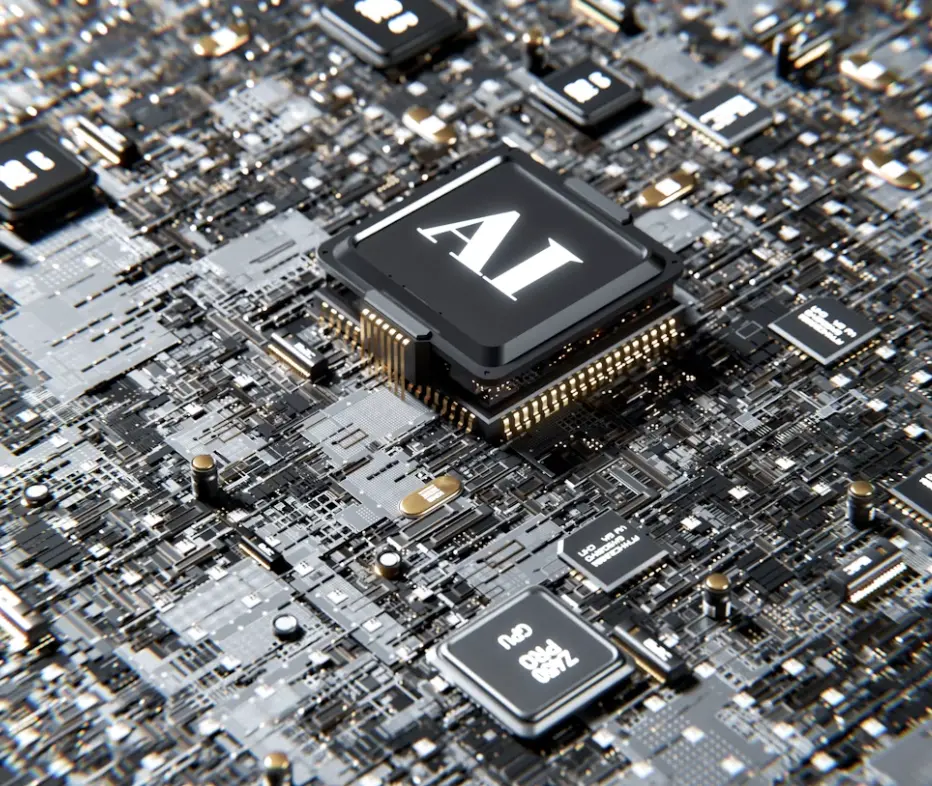How Is Artificial Intelligence Transforming Education and What to Expect in the Future?
Our daily lives have changed a lot from what they used to be even 10 years ago. Today, modern technology is much closer and more accessible, and it is embedded in almost every aspect of the routine. Even if you think that technologies such as Artificial Intelligence do not affect you in any way, they do. You have probably experienced personalized ads, especially after you have searched for something online or used voice assistants to get quick answers to your questions. And these are just the first examples of AI in the home that come to mind. All spheres succumb to the constant influence of modern technology, and it cannot be avoided. You need to learn how to use these innovations correctly, and Artificial Intelligence will open new horizons for you. In this article, we will talk about the impact of AI on modern education, its benefits and risks, and share our view on the future of this sphere.
Top 3 Ways AI Is Changing Education Right Now
The application of neural networks is greatly changing the familiar field of education and opening up completely new horizons for modernizing the educational process. They are becoming a key element of modern teaching methodology, providing tools for organizing a personal approach, strengthening the potential of teachers, and automating standard functions. Many educational organizations use the services of the AI development company to improve their processes and enhance the quality of their work.
Improved Personalization of the Learning Experience
This is one of the key reasons for using AI in education. Each student can get a unique learning path that is customized to their individual characteristics. Thus, AI-enabled platforms adjust the learning process to the right pace and preferred delivery format, as well as to the motivation level of the individual student. For example, if a student has difficulties in mastering a certain topic, the program itself will offer additional explanations and exercises.
Progress Monitoring
Neural network-based programs are able to collect and process data on students’ behavioral patterns, progress, and enthusiasm. This helps teachers make more informed pedagogical decisions. This feature allows them to identify difficulties in time to prevent student frustration and academic decline.
Interactivity of the Educational Process
AI-based tools are actively used to create deep interactive learning experiences. For example, augmented or virtual reality elements make the learning process more immersive for both children and adult students. This allows for better association and memorization of new material. AI also enables the use of personalized videos, game mechanics, and interactive stimulation to keep students highly engaged. Artificial Intelligence can also analyze students’ reactions to different types of content and adapt materials to enhance learning.
Benefits and Possible Risks of AI in Education
Artificial Intelligence in the educational environment has a myriad of benefits for both students and teachers. Generative AI solutions help automate routine tasks, offer adaptive learning materials, and greatly enhance learning opportunities. In this part of the article, we will talk in more detail about the benefits and risks of using AI tools in the field of education.
Benefits of Using AI in Education
- Increasing student engagement
Adaptive presentation of material, games, and other interactive tools make the educational process more engaging.
- Automation of routine tasks
AI-based tools allow for automating assignment checking and grading. This not only saves teachers a lot of time but also minimizes the possibility of grading errors. This way, teachers can devote more time and resources to more important tasks.
- Improved analytics
AI-based platforms analyze a huge amount of information, including student performance data. This makes it possible to identify students who need additional support and adapt the educational process to maximize their effectiveness.
Possible Risk of AI in Education
- Risk of academic dishonesty
Students may use neural networks to create works without their participation, which hinders the effective educational process. In addition, careless use of modern technology can lead to hacking attacks on your gadgets, and you should know how to avoid it.
- Risk of decreased social skills
Excessive interaction with AI and AI-only instruction can negatively impact the development of emotional intelligence and reduce live interaction between students and teachers.
What Is the Future Hiding?
First and foremost, it is essential to note that AI will not be able to completely replace the educator in the near future, even though such a project is already being dreamed up. However, AI tools combined with the indispensable skills of a human teacher are a promising future for education in general.
Artificial Intelligence will expand access to education and open up new opportunities for quality education for all. Teachers will be able to organize the educational process even more effectively by enriching it with interactive technologies and virtual reality. This will allow for the effective development of students’ creative thinking and practical skills.
The influence of AI on education cannot be overemphasized, and despite some risks, these tools, if approached correctly, can take education to a whole new level.



